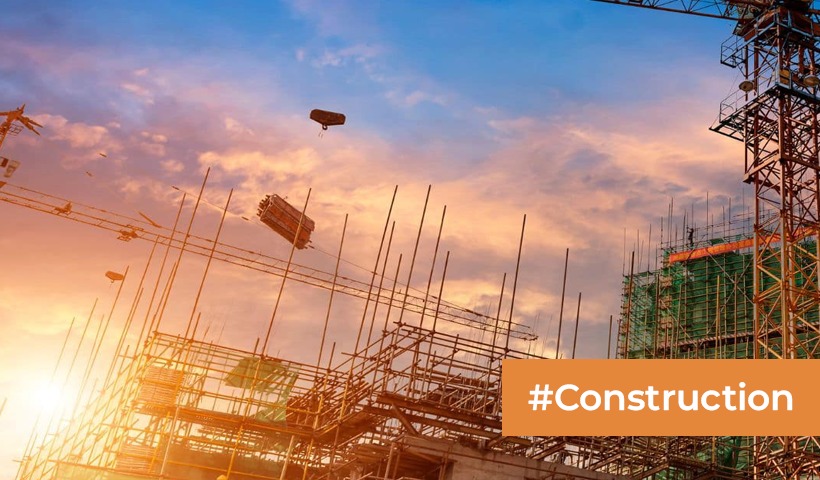Mumbai: Redevelopment guidelines for renovated abandoned structures released
Mumbai, the financial capital of India, is known for its iconic cessed buildings that have stood for decades as a testimony to the city’s rich architectural heritage. However, many of these buildings have aged and deteriorated over time, requiring redevelopment to ensure their structural safety and livability. To streamline the redevelopment process, the Maharashtra government has issued new norms for the redevelopment of rebuilt cessed buildings in Mumbai, providing guidelines and regulations for the developers and residents involved in such projects.
Cessed buildings are properties that were built before 1969 and are subject to a cess or a special tax levied by the Maharashtra Housing and Area Development Authority (MHADA) for the repair and maintenance of these buildings. These buildings are usually multi-storeyed and have multiple tenants, often facing issues related to outdated infrastructure, lack of amenities, and poor maintenance. The redevelopment of cessed buildings aims to modernize and upgrade these structures, while also ensuring the welfare of the existing residents.
The newly issued norms for the redevelopment of rebuilt cessed buildings in Mumbai cover various aspects of the redevelopment process. One of the key provisions is the requirement of consent from 70% of the tenants in a cessed building for initiating the redevelopment project. This ensures that the majority of the residents are on board with the project, and their interests are protected during the redevelopment process. The norms also specify the minimum size of the new flats to be provided to the existing tenants, as well as the compensation or rent to be offered during the construction period.
The norms also lay down guidelines for the developers involved in the redevelopment process. The developers are required to submit detailed plans and designs for the new building, along with timelines for the completion of the project. They are also responsible for ensuring the safety and security of the residents during the construction phase and providing necessary amenities and facilities in the new building, such as parking spaces, fire safety measures, and adequate water supply. The norms also mandate the use of environmentally sustainable materials and practices during the construction process, to promote sustainable and eco-friendly development.
Another important aspect covered by the norms is the financial aspects of the redevelopment process. The developers are required to deposit a corpus fund with MHADA, which will be used for the maintenance and repair of the building for the next 30 years. This ensures that the building remains well-maintained and structurally sound in the long run. The norms also specify the payment schedule for the tenants, including the upfront payment of corpus fund and other charges, as well as the timeline for the handover of the new flats.
The issuance of these norms for the redevelopment of rebuilt cessed buildings in Mumbai is a significant step towards streamlining the redevelopment process and protecting the interests of the residents and developers alike. It provides a clear framework for redevelopment projects, ensuring transparency, accountability, and sustainability. The norms are expected to boost the confidence of both the residents and developers in undertaking such projects, leading to faster and smoother redevelopment of cessed buildings in Mumbai.
In conclusion, the new norms issued for the redevelopment of rebuilt cessed buildings in Mumbai are a welcome move towards revitalizing the city’s aged buildings and ensuring their safety and livability. The guidelines and regulations laid down in these norms aim to streamline the redevelopment process, protect the interests of the residents and developers, and promote sustainable development practices. With proper implementation and adherence to these norms, Mumbai’s cessed buildings can be transformed into modern, safe, and sustainable living spaces, preserving the city’s rich architectural heritage for future generations.
Disclaimer: The views expressed above are for informational purposes only based on industry reports and related news stories. PropertyPistol does not guarantee the accuracy, completeness, or reliability of the information and shall not be held responsible for any action taken based on the published information.




